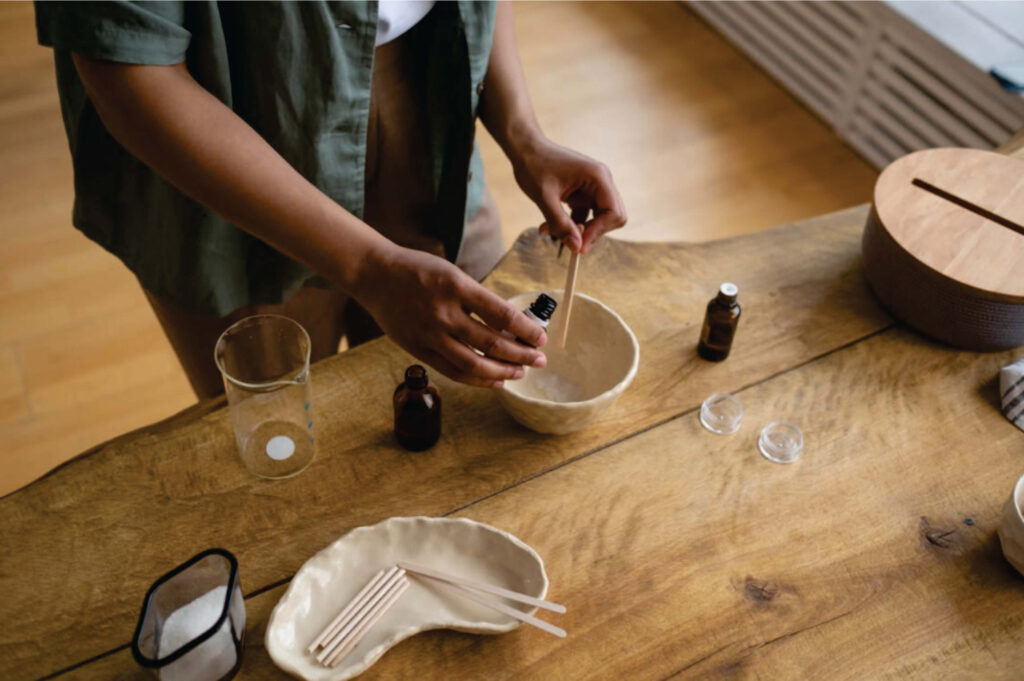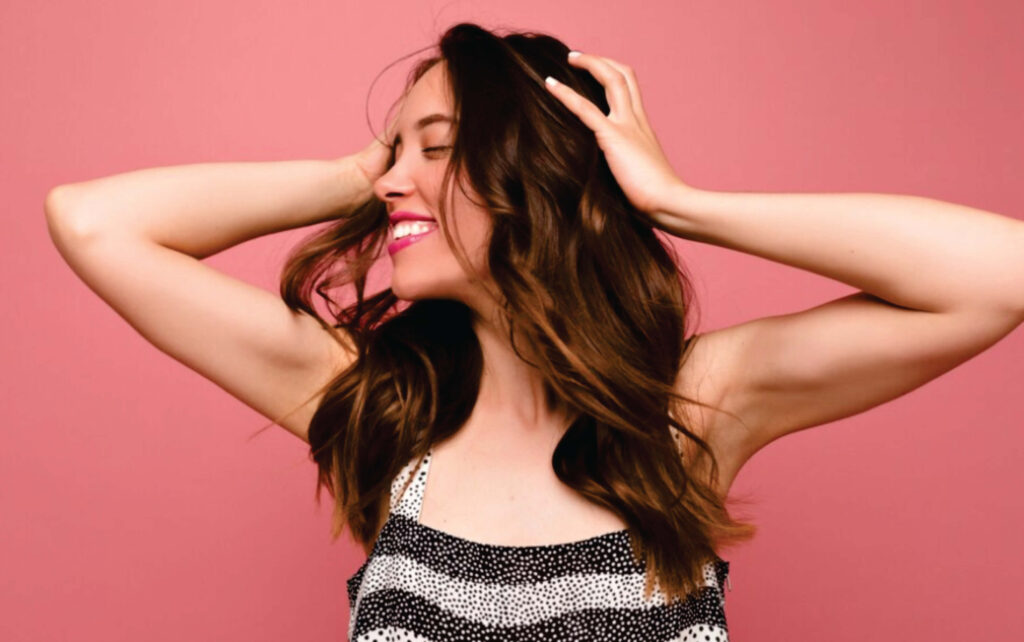Hair care advice is everywhere: from family traditions and salon conversations to beauty forums and social media. Yet much of this advice is based on assumptions rather than evidence. Many hair care myths you need to stop believing sound convincing but lead to dryness, breakage, and stalled progress. When science replaces superstition, hair becomes easier to care for, stronger, and naturally brighter. This extended guide explores the myths in depth, shares stories from real people, and includes findings from respected dermatology sources.

Frequent Trims Do Not Speed Up Hair Growth
A common belief is that regular trims make hair grow faster. The idea seems reasonable because freshly cut hair often looks smoother and healthier. In reality, hair growth happens inside the follicle, deep in the scalp. Cleveland Clinic explains that the follicle controls the entire growth cycle and provides the blood supply and nutrients that make the hair strand grow — the ends play no role in this process. Trims help keep the hair tidy and reduce breakage, but they do not change the actual rate of growth.
On a long-hair forum, one woman shared that she trimmed her hair every four weeks. She hoped it would stimulate growth, yet her length never increased. When she began trimming every ten weeks instead, her hair finally started gaining visible length. Her experience mirrors what many people discover: progress comes from retaining length, not from cutting more frequently.
Scalp health, hydration, protein balance, and overall nutrition influence growth far more than trimming. Research shows that hair grows at a genetically determined pace and responds strongly to stress levels and hormonal fluctuations. Regular trims improve appearance and prevent split ends, but they cannot accelerate the biological growth process.
Daily Washing Often Causes Scalp Imbalance
Many people believe that daily washing keeps hair cleaner and healthier. Harvard Health Publishing notes that overwashing may feel harsh for some people and may leave the scalp dry. Because natural oils protect the skin, overwashing can remove this protective layer. This often leads to dryness on sensitive scalps. Some users also notice more oil afterward. The scalp may produce extra sebum to replace lost moisture.
Real experiences shared on Reddit reflect the same concerns. Many people washed their hair every day during school or university because they believed they had naturally oily hair. When they reduced washing to two or three times a week, their scalp slowly stabilized. Oil production decreased, and hair felt softer. One user said the adjustment took four weeks, but the results made their hair look fuller and healthier.
At the same time, scientific data show a more complex picture. A clinical study published in Skin Appendage Disorders found that low wash frequency allows sebum to build up and oxidize, which can increase flakes, itch, and irritation. Higher wash frequency, including daily cleaning, reduced oxidized oils and improved scalp comfort.
Because people respond differently to cleansing, dermatologists usually recommend washing two or three times a week unless you have a specific scalp condition. Dry shampoo can help stretch the time between washes. Gentle rinsing also works well on busy days. Some people refresh their roots with simple restyling instead of another full wash.
Over-Brushing Weakens the Hair Shaft
A study published in the Journal of Cosmetic Science found that brushing increases fiber breakage, especially long-segment damage, which weakens the hair shaft.
Healthy shine comes from smooth cuticles, balanced moisture, and minimal damage—not from brushing. Stylists often advise brushing only to detangle or distribute natural oils from the scalp down the lengths. Wide‑tooth combs and soft‑bristle brushes reduce tension and help protect fragile strands.
Many people online describe the same lesson learned through trial and error: once they reduced brushing, their ends stopped splitting so quickly, and their hair became smoother within weeks.
Cold Water Rinses Offer Only Temporary Shine
The idea that cold water seals the cuticles and boosts shine circulates everywhere. While a cold rinse may briefly smooth the surface, hair responds far more strongly to pH levels and conditioning agents.
Conditioners, acidic rinses like diluted apple cider vinegar, and consistent hydration create a longer-lasting shine. Many forum users note that cold water feels refreshing but does not compare to the results of a good moisturizing routine.
Hair Does Not Build Resistance to Shampoo
A popular belief claims that hair becomes “used to” a shampoo, but this idea is one of the common hair care myths. Hair cannot adapt the way skin sometimes does. If your shampoo seems less effective over time, the cause is usually environmental changes like humidity, water hardness, or buildup from styling products.
Occasional clarifying shampoo removes residue without the need to change brands constantly. Dermatologists emphasize that choosing a shampoo suited to your scalp type matters far more than switching often.
Split Ends Cannot Be Fully Repaired
More Shampoo Does Not Mean Cleaner Hair
Many people think more shampoo cleans better, but this is one of the hair care myths. Too much product can irritate the scalp and leave unwanted residue. Dermatologists suggest using a small amount and focusing only on the scalp. The lengths do not need heavy cleansing.
Double shampooing with tiny amounts is a popular method. It removes oil gently and does not strip moisture.
Oils Do Not Automatically Cause Greasiness
People with fine or oily hair often avoid hair oils. Lightweight options like jojoba, argan, and grapeseed can hydrate hair gently. They do not add heaviness. Healthline states that scalp oil levels come from hormones, diet, and genetics. External oils do not control this process.
Many users on beauty forums describe avoiding oils for years. Once they tried applying just one drop to the ends, they noticed less frizz, fewer tangles, and better moisture retention.
Heat Protectants Help, but They Are Not Magic
Many hair care myths claim that heat protectants stop all heat damage. In reality, they only reduce harm from hot tools. They cannot block very high temperatures. When tools are too hot, damage still occurs. Lower settings and fewer styling sessions protect hair much better.
Many people switch to heatless curls, braids, or simple air-drying. They often see shinier and thicker hair after a few months.
Stress Alone Does Not Turn Hair Gray
Stress can speed up the graying process. It is not the only cause. Genetics sets the timeline for most people. A study in Nature shows that stress affects pigment-producing cells. It cannot create gray hair on its own. Genetic predisposition must be present.
Some people in online communities say their gray hairs appeared during difficult life periods. But dermatologists note that the hair likely would have turned gray soon regardless.
A diet rich in antioxidants, vitamins, and minerals supports hair pigmentation over time. Hydration and reduced stress levels may also help maintain vibrancy.

Healthy Habits Support Long-Term Hair Health
Hydration plays a major role in follicle strength. Drinking enough water supports elasticity and shine. Silk pillowcases reduce friction and prevent tangling overnight. Protecting hair from UV exposure helps prevent protein loss caused by sunlight.
Trimming every eight to twelve weeks removes damaged ends and keeps hair looking healthy. Limiting chemical treatments, reducing heat, and maintaining a balanced diet also support long-term hair health.
According to Healthline, routines based on research—not hair care myths—lead to stronger, shinier, and more manageable hair. Real progress comes from consistent habits and understanding how hair truly behaves.
When you release old beliefs and move past common myths, your hair benefits quickly. It becomes stronger, brighter, and much easier to care for over time.
The Benefits of Herbs for Skin and Hair: Homemade Infusions and Masks
Ayurvedic Skincare: Discover Your Dosha Type and Find the Perfect Products

I’m Victoria, the creator behind Eva My Balance. Passionate about beauty, wellness, sustainable living, and mindful self-care. My mission is to inspire you to live consciously and beautifully—inside and out.


